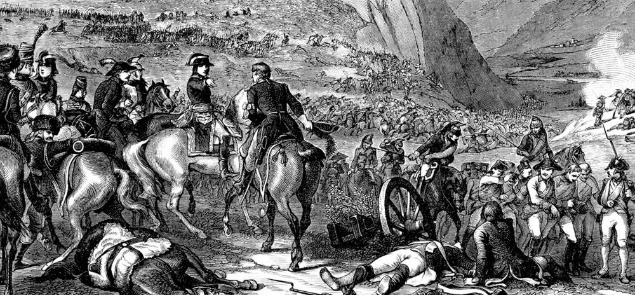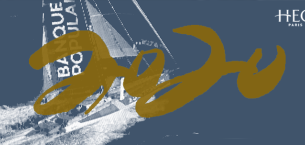
A research paper on leadership and management written by HEC Paris Professor Phillipe Mongin.
Why did Napoleon lose the battle of Waterloo? Long fascinated by the endless theories and analyses surrounding this event, Philippe Mongin has seized on the matter and examined it in light of rational choice and game theories. In addition to producing a case study, Mongin shows that modeling enhances ordinary narrative techniques by shedding a clearer light on complicated historical events, even though—or perhaps because—it produces a caricaturized picture of reality. Can such a perspective similarly enhance business strategy?
Certain important historic events are subject to a wide range of sometimes contradictory interpretations. The same military battle may be considered a victory by some and a defeat by others. The endlessly analyzed Battle of Waterloo is a case in point, and it has spawned a plethora of highly diverse, truly fascinating theories. Furthermore, ink has flowed in all three of the languages of the countries involved. Can rational choice theories help us better understand this type of complex event? Philippe Mongin believes they can, and he has used Waterloo as an example of a more general method of analysis. It is called “analytic narrative” and draws on a combination of narrative analysis and mathematical modeling.
COMPLEMENTARY VIEWS OF NAPOLEON’S STRATEGY
On June 17, 1815, the day after his victory at Ligny, Napoleon made the decisive choice to split his army between two fronts. He could have sent the entire army to face Wellington, but instead, he sent his right wing to fight Blücher, dramatically weakening his position at Waterloo on June 18th. But what did he actually instruct his right wing commander, Grouchy, to do? Grouchy, and later Clausewitz, claimed he simply gave the order to go after the Prussians. However, this implies taking the risk of Blücher joining Wellington if his troops were strong enough. Consequently, it would have made more sense to pursue the blocking strategy, which would have enabled Grouchy to gather additional information before deciding what to do. Napoleon is unlikely to have reasoned otherwise. Mongin confirms this instinctive belief by using game theory to generate a model of Napoleon’s rationale (see insert on research method) and by applying the principle of rationality to assume that Napoleon would have done what he should have done. Napoleon is consequently shown to be a careful strategist when he detaches Grouchy, but Grouchy either did not understand or did not want to do what was asked of him—to lead his troops between the two enemy armies. He contented himself with merely pursuing the Prussians, enabling Blücher, who had not been seriously weakened, to join Wellington, which was Napoleon’s greatest fear.
Caricatures reveal things that we do not see when we limit ourselves to mere facts.
THE THEORY OF MODELING AS CARICATURE
This model supports the position of French historians, who consider Grouchy responsible for Napoleon’s final defeat. It also acknowledges the difficulties encountered by historical theorists like Raymond Aron who have tried to defend rational reconstructions of events. Indeed, caricaturizing the situation ends up clarifying it. Mongin explains, “Caricatures reveal things that we do not see when we limit ourselves to mere facts.” He presents this study with a touch of irony to show that choice theories can transform historical accounts. In particular, Mongin is targeting military strategy, because associated strategic lessons are frequently diffused in business schools, even though they consist of flawed combinations of data and narratives (except for Clausewitz). Decision and game theory have been applied to diplomatic issues and especially to nuclear deterrence; however, they have not been used to study military battles and campaigns. Military behavior is the oldest field for research in which analysis of rational behavior would be beneficial, yet it has only been analyzed by Thucydides and, at best, by Clausewitz.
Based on an interview with Philippe Mongin and on his articles, “Waterloo ou la pluralité des interpretations” (Waterloo or Multiple Interpretations) (Littérature , 2012), “Retour à Waterloo: Histoire Militaire et Théorie des Jeux” (Return to Waterloo: Military History and Game Theory) (Annales. Histoire,Sciences sociales , 2008/1 – 63rd year), and “Analytic narrative” (in The Encyclopedia of Political Scienceedited by J.E. Alt, S. Chambers, G. Garret, M. Levi, & P. McClain, SAGE, 2010).



